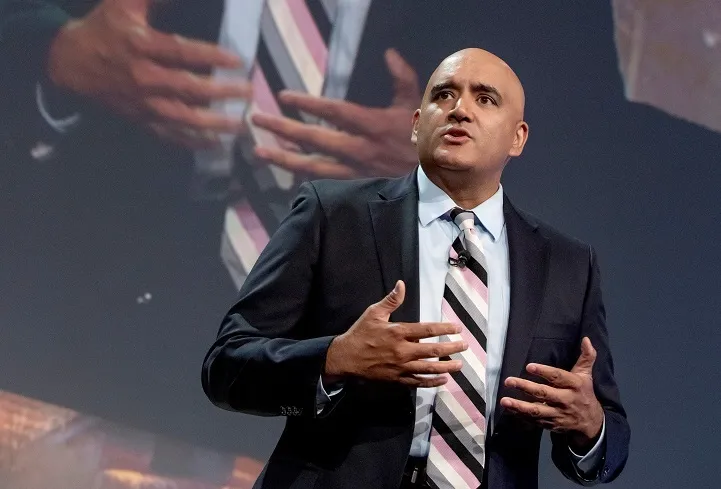
ZF and shared mobility provider Beep are to bring a new, autonomous Level 4 shuttle to the US market.
Premiered at CES 2023 in Las Vegas, ZF's next-generation shuttle builds on its established model, which is primarily designed for use in segregated lanes.
The new model is designed for urban environments and in mixed traffic.
The agreement aims to deliver several thousand shuttles to customers over the coming years, combining ZF’s vehicle with Beep’s mobility services and service management platform "into a single-source autonomous mobility solution".
"In order to reduce traffic-related emissions in metropolitan areas, a reduction in motorised individual transport and a simultaneous expansion of more sustainable, efficient, comfortable, and affordable mobility options are required," says Torsten Gollewski, executive vice president, Autonomous Mobility Systems at ZF.
The new shuttle is equipped with Lidar, radar, camera and audio systems as well as the ZF ProConnect connectivity platform, which enables communication with infrastructure and the cloud.
The Virtual Driver – ZF's AD software – processes information and, ZF explains, "derives safe driving strategies using artificial intelligence, and passes them on as input to the on-board actuators".
Battery capacities are between 50 and 100 kWh, and the next-generation shuttle can cover up to 80 miles in pure electric mode – at a maximum speed of initially 25mph.
It can carry 22 passengers, with up to 15 seated. The vehicle conforms to requirements of the Americans with Disabilities Act and includes an automatic ramp and wheelchair restraints.
With front- and rear-wheel steer and kneeling functions, distance to the sidewalk is reduced to a minimum when approaching a stop, ZF insists: "This enables the shuttle to dock precisely and provide barrier-free boarding and disembarking."
Beep CEO Joe Moye says: "This shuttle will allow us to continue to pursue our vision of extending mobility equity and reducing carbon emissions, expanding our use cases while meeting industrial requirements for vehicle service life, performance and safety.”








